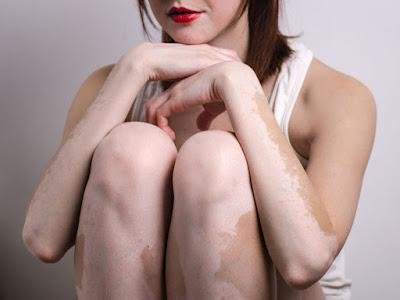What is skin discoloration and causes of skin discoloration?
Skin discoloration
Skin discoloration can occur on any type of skin. However, it may be more visible when it happens on darker skin. Skin conditions like acne or eczema could discolor dark skin.There are so many latest technologies that can reduce skin discoloration, including laser treatment and chemical peels. Home remedies may include ointments or lotions that contain vitamin C or retinol.
A patient should discuss with a dermatologist before trying any form of treatment. A dermatologist specializes in treating skin conditions and can suggest a product or treatment that is a suitable match for an individual’s skin type. A person may find a dermatologist at Skinopathy, or they may receive a referral from their doctor.
Following are the different causes of discoloration on dark skin.
Causes of Discoloration:
Discoloration on black skin can happen because of a variety of reasons, that includes:
There are two types of skin discoloration. In some cases, the skin looks lighter than the original body color; on the other hand, skin looks darker than the natural skin color.
Hyperpigmentation
Hyperpigmentation is when the skin becomes very pigmented and seems darker than the natural skin color. It results in dark spots and discoloration.
Hyperpigmentation can cause by acne, eczema, wound healing, and sun exposure.
Hormonal changes can also cause a form of hyperpigmentation called melasma. It usually occurs in pregnancy, or some types of hormonal birth control could cause melasma.
Postinflammatory hyperpigmentation; is common in black skin may occur after an injury or inflammatory response. The resulting dark spots and discoloration of skin sometimes last for years.
Hypopigmentation
Hypopigmentation is when the skin loses its pigment and becomes lighter than its natural skin color. A person can be born with hypopigmentation or they can get it.
Hypopigmentation may happen once a wound heals. It is also much more prominent on black skin.
Vitiligo is a disease that causes melanin-producing cells to malfunction, leaving some spots of skin lighter than others.
Hypopigmentation from infection or inflammation normally cures on its own. However, hypopigmentation from scarring is more complex to relieve and people react differently to vitiligo treatment.




Comments
Post a Comment